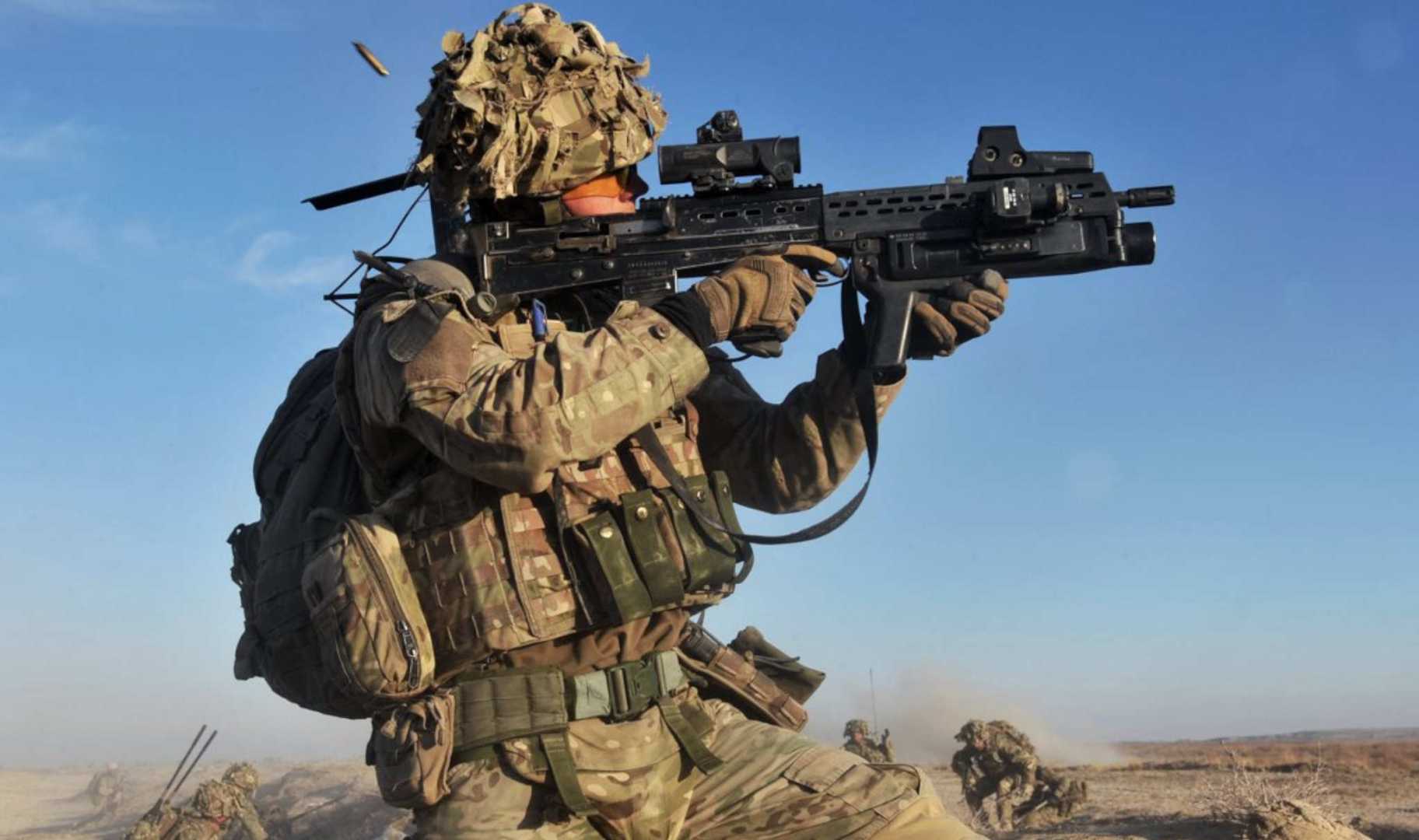World
SAS Accused of ‘Kill All Males’ Policy in Afghanistan, Inquiry Reveals

A former UK Special Forces officer has testified that the SAS operated under a policy to “kill all males on target whether they posed a threat or not” during deployments in Afghanistan, according to evidence presented at a public inquiry. The shocking allegations emerged during hearings examining the deaths of up to 80 Afghan civilians between 2010 and 2013.
The officer, identified only as N1799, told the inquiry that he was “shocked by the age and methods” used by the SAS to kill Afghans, including the use of terms like “flat packing” to describe executions. He also recounted a conversation with an SAS member who described placing a pillow over a victim’s head before shooting them with a pistol.
N1799, a former member of the Special Boat Service (SBS), said he reported his concerns to superiors in 2011 but believed the SAS had a “golden pass allowing them to get away with murder.” He added that he feared for his safety if his identity were revealed, as past and present SAS members would view him as a traitor.
The inquiry, led by Judge Charles Haddon-Cave, is investigating allegations of war crimes by UK Special Forces during night raids in Helmand province. Summaries of closed hearings released on Wednesday revealed that senior SBS officers had raised concerns about the SAS’s conduct as early as 2011, describing its operational reports as “quite incredible” and suggesting a culture of cover-ups.
One senior SBS officer testified that the SAS was driven by “kill counts” and carried out extra-judicial killings, including the deaths of children as young as 16. Another officer described a tense meeting in Afghanistan in 2011, where Afghan special forces partners accused the SAS of unlawful killings and threatened to withdraw support.
The Ministry of Defence has declined to comment on the inquiry or the activities of special forces. The hearings continue as the inquiry seeks to uncover the truth behind the allegations and ensure accountability for potential war crimes.












